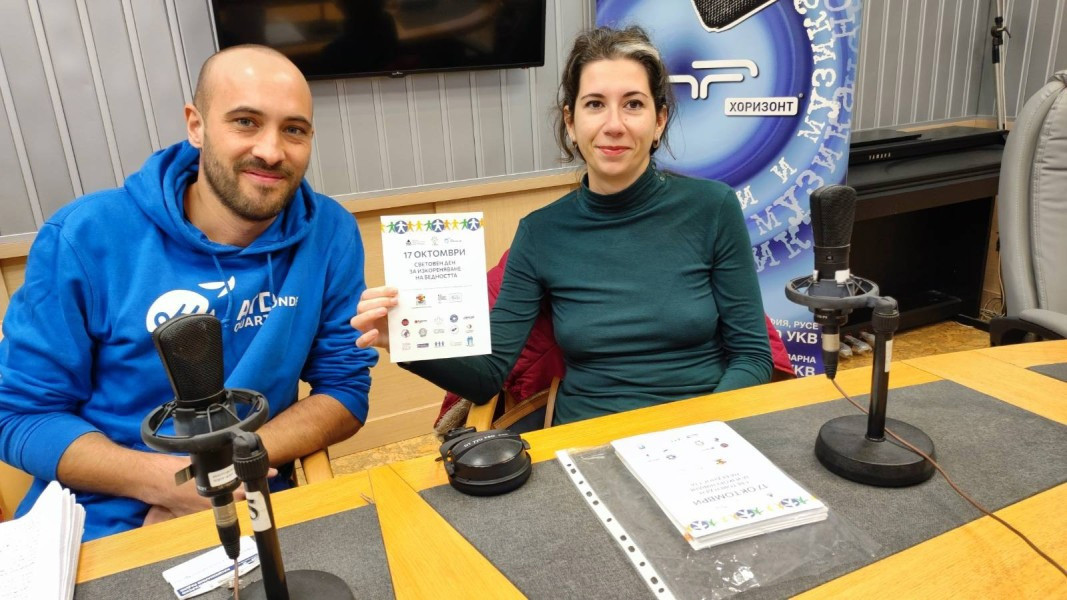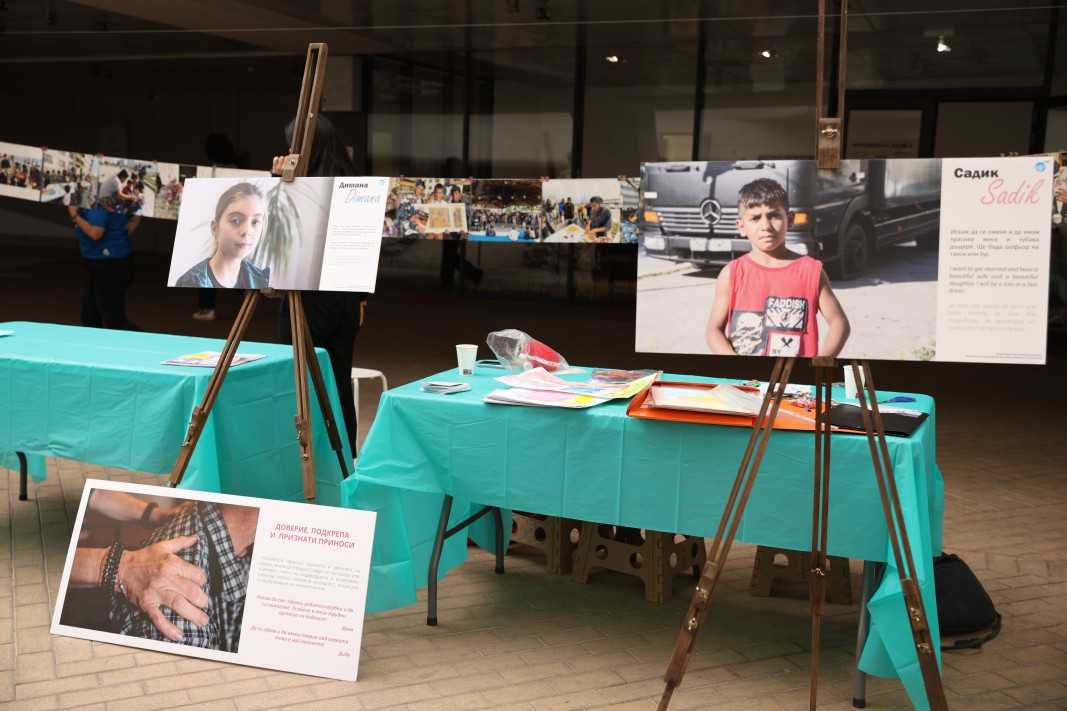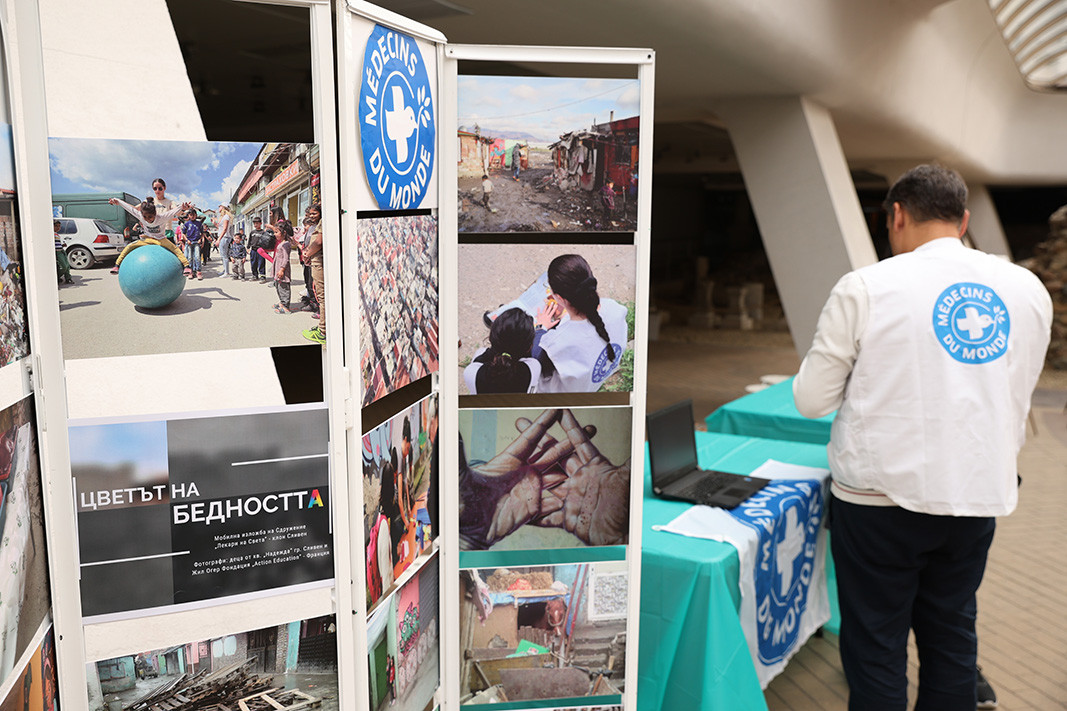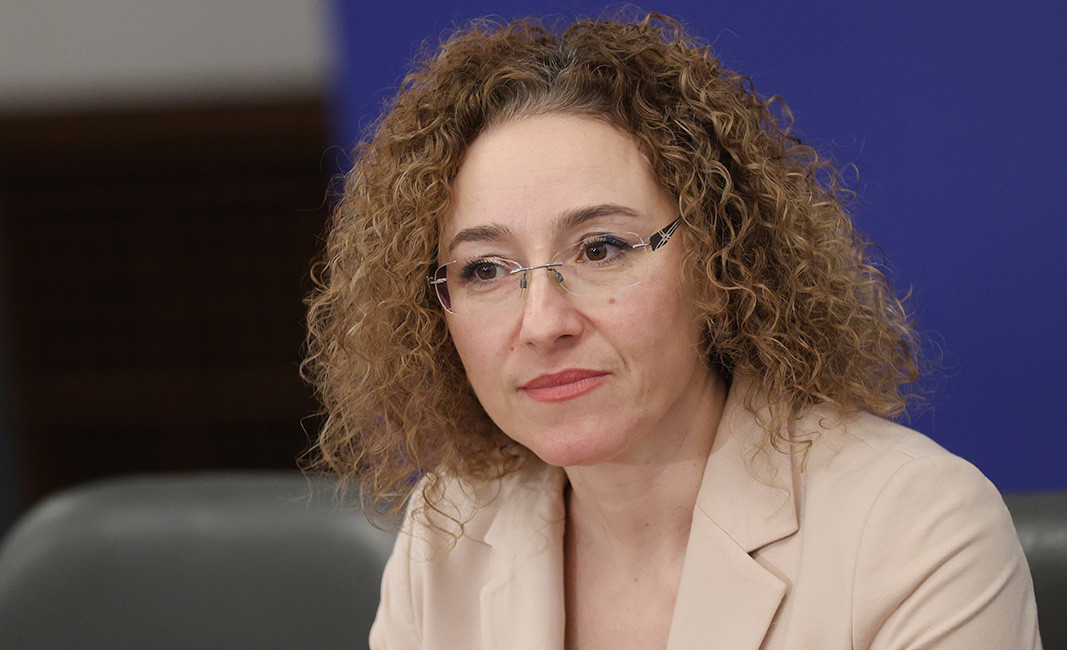As two wars rage and migrant flows increase, the human race seems to face another major challenge – what can be done to protect the rights and ensure a life of dignity for the people living on the verge of poverty. In Bulgaria, where the minimum salary is the lowest in the EU, inflation is eating away at incomes and people risk being unable to meet their needs of heat, water and food.
Latest statistics show a slowdown in price growth, with the inflation rate in September registering a two-year low at 6.3%, nevertheless for thousands of Bulgarians the expression “working poor” remains relevant. And from “working poor” it is easy to fall into the vicious circle of poverty:
“The poverty highway can be a short one, not so coincidental and it can affect absolutely anyone in the country,” says Rositsa Kratunkova from Nadejda foundation. “Even if it is an unexpected health problem, knowing the state the health system in the country is in, anyone can fall into poverty. There are innumerable fund-raising campaigns underway for enormous sums for saving someone’s life. In the same way people who do not have access to identity documents are doomed to staying poor and being exploited, to working on the black and having absolutely no rights. That is why, by organizing an event on 17 October, we want to remind everyone that there are people in Bulgaria living in poverty - and there are quite a lot of them too.”
To mark the International Day for the Eradication of Poverty, 17 October, a “settlement” of civil society and informal organizations has sprung into being in the centre of Sofia. Their cause is the right to a decent life for every single person. 
“For people living in extreme poverty every day takes a lot of courage,” Simeon Brand from Switzerland, who represents the global organization All Together in Dignity, said for the BNR. And as poverty is something our societies have created, overcoming it is also in our own hands. “Poverty is not inevitable and we must act so everyone can live a life of dignity,” he says.
This year’s International Day for the Eradication of Poverty focuses on decent work and social protection. 
“When a person lives in poverty and privation, with no access to high-standard services, that is a human asset that is sealed off,” says Bulgaria’s Minister of Labour and Social Policy Ivanka Shalapatova, and adds that the efforts of the government are in the context of the efforts of all EU countries connected with combatting poverty and promoting the social inclusion of a number of groups in society.

“A focus on each individual - the most valuable asset in society - is a priority for our cabinet. On this day it is our hope that each and every one in Bulgaria will sit down and think how we, as a society, can attain this goal – so there will not be a single person in the country living below the poverty line. According to latest data from 2022, 25.9% of under-17s in Bulgaria are at risk of poverty. What that means in practical terms is that they do not have a strong start in life. We are not giving them an environment in which they can unfold their potential fully, but then we expect them to grow up to be motivated, to work on the Bulgarian market, to be involved in innovations, to be active as citizens and to make their contribution to the development of society. That is precisely why the annual plan for combating poverty and for social inclusion is a priority for us. The plan was adopted by the National Council on Social Inclusion last week. Resources from the national budget have been provided for its implementation, as well as funding under the operational programme for Human Resources Development. One of the important measures envisaged in the plan is to revive the very old tradition of patronage care.”
According to Minister Shalapatova, patronage care for newborns is a very good social investment, especially in countries like Bulgaria which are experiencing a demographic crisis. “More and more investments from the national budgets are being made for social expenditure, but the effect of these investments is not being sought,” Minister Shalapatova says and adds that what is needed are comprehensive measures:
“Raising the minimum salary is not enough, higher child benefits are not enough. It is important to develop a broad-reaching range of high-standard social and integrated services. What we aim for is – whatever investment we make in households or individuals, to make sure that the ultimate outcome is that that individual shall become independent.”
Interviews by Irina Nedeva and Silvia Velikova, Horizont channel, BNR
Text Elena Karkalanova
Translated and posted by Milena Daynova
Photos: BTA, BNR, unicef.org, archive
The Bulgarian minority in Romania marked a significant event with the official opening of the Bulgarian Inn in the village of Izvoarele (Hanul Bilgarilor), Teleorman County (Southern Romania)- a locality with Bulgarian roots dating back over 200 years...
The 14th edition of DiVino.Taste, Bulgaria’s leading forum for wines and winemakers, will take place from 28 to 30 November at the Inter Expo Centre in Sofia. Over 80 producers from all wine regions will participate, offering tastings of around 600 of the..
Minutes before the second and final reading, at the parliamentary budget and finance committee, of the state budget for 2026, the leader of the biggest party represented in parliament GERB Boyko Borissov halted the procedure and sent the draft bill..
The Bulgarian minority in Romania marked a significant event with the official opening of the Bulgarian Inn in the village of Izvoarele (Hanul..

+359 2 9336 661
